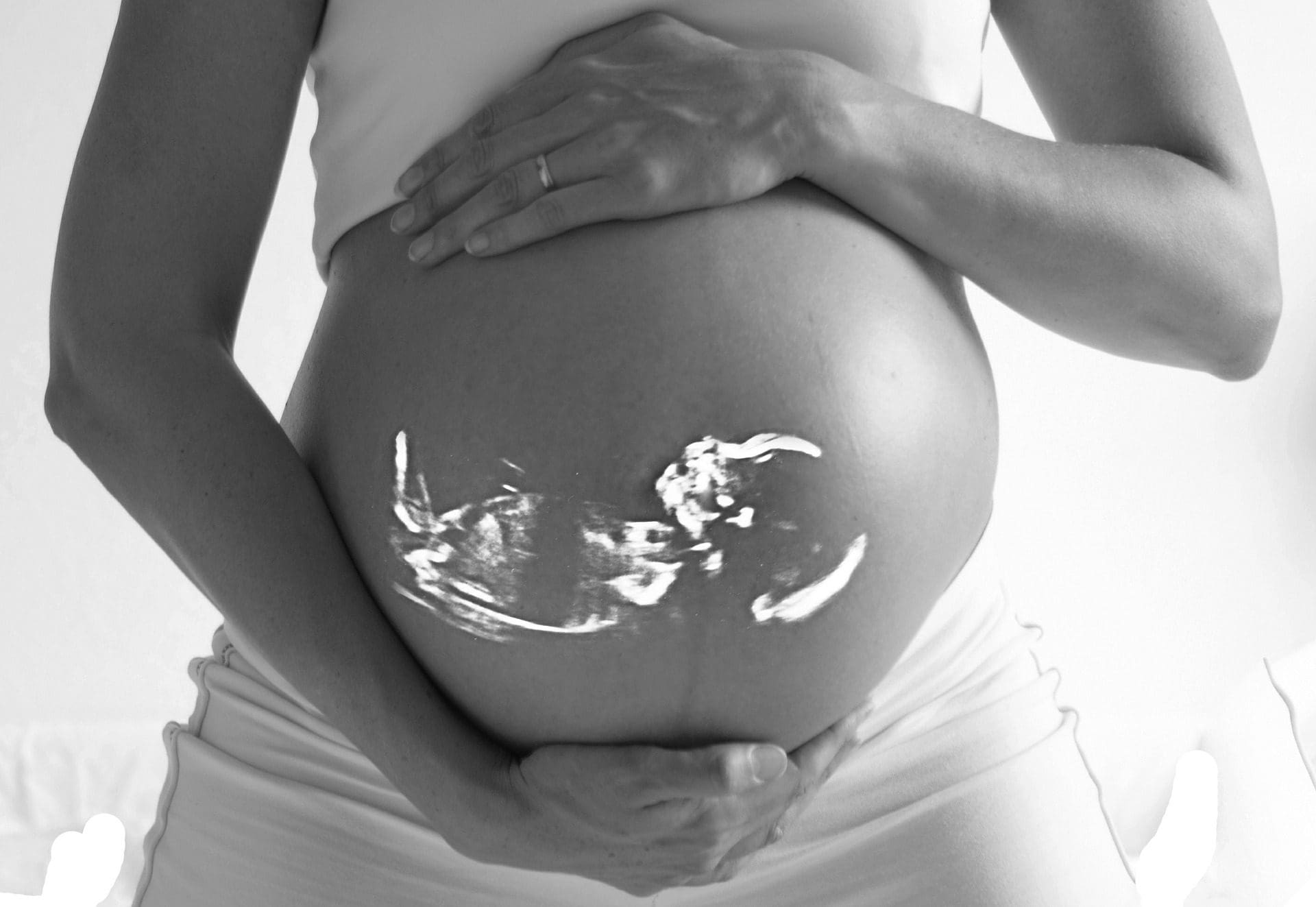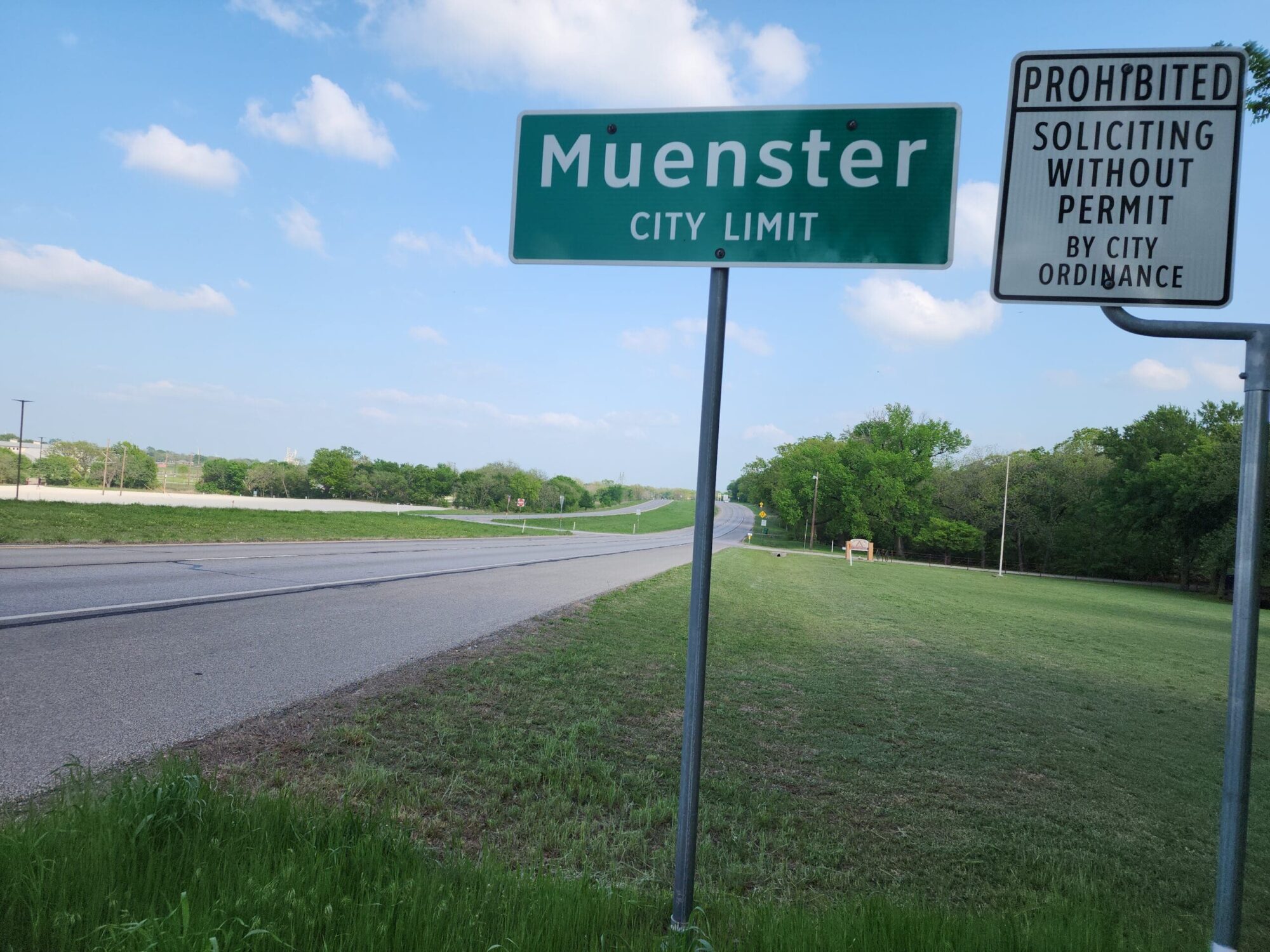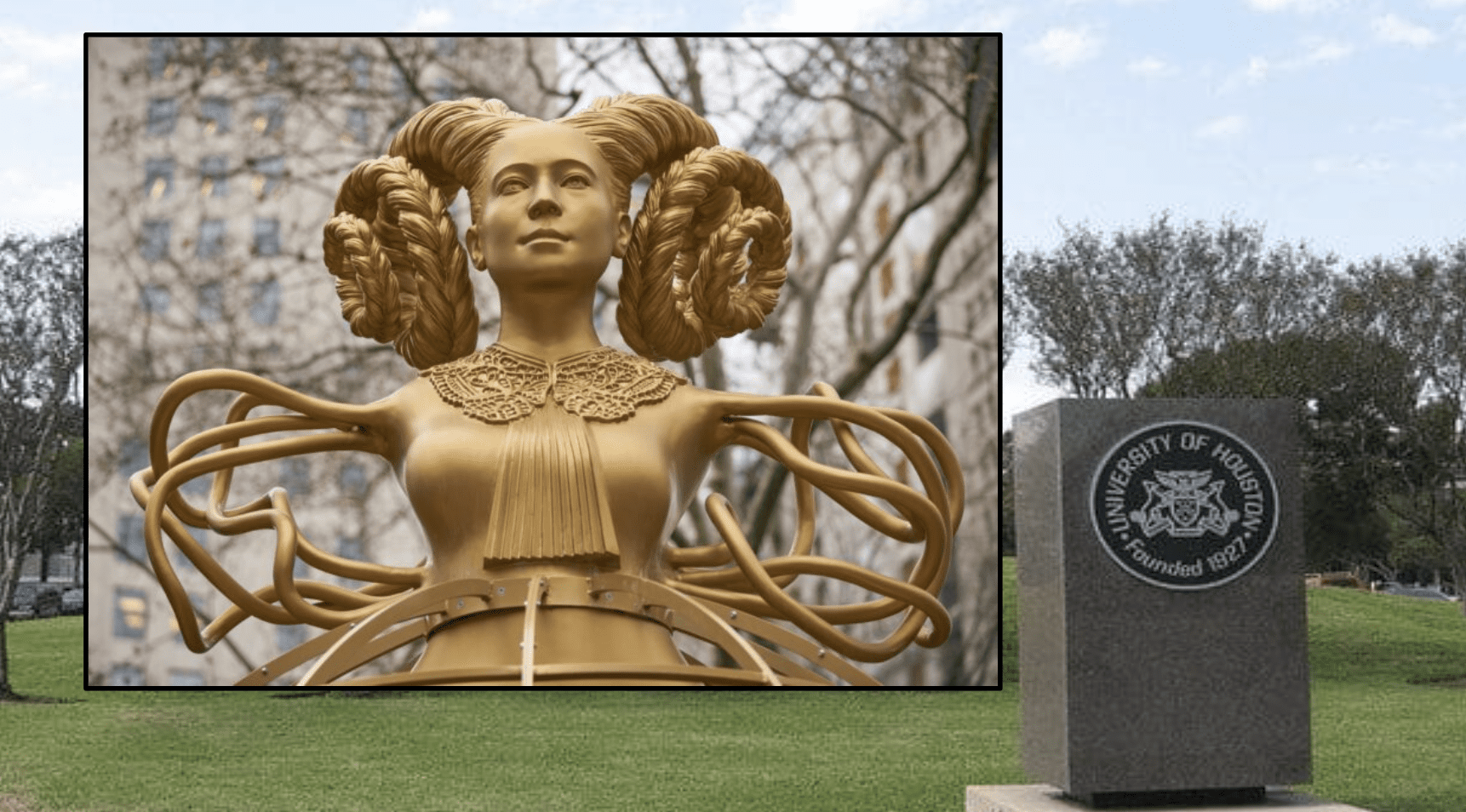As the Texas 87th Legislative Session kicks off, pro-life legislation does not appear to be a priority for most Texas legislators. Among the thousands of bills already filed, only about a dozen have to do with abortion—and all are from Republican legislators. While the bills are few in number, their legislation is strong, and they could help place Texas as one of the states leading America in bringing an end to infanticide.
During this session, pro-life advocates should note four promising pieces of legislation in particular that will challenge current legislation to either greatly reduce the number of abortions or abolish abortion in Texas outright.
HB 69: Relating to prohibiting abortion at or after 12 weeks post-fertilization.
House Bill 69 was proposed by State Rep. Steve Toth (R–The Woodlands). Known for his strong pro-life position, he received a score of 100 by Texas Right to Life’s Pro-Life Scorecard.
HB 69 places a ban on all abortions at or after 12 weeks of pregnancy. Its passage would eliminate almost all abortions that take place during the second and third trimester. However, the bill does allow for certain medical exemptions for a pregnancy that “… so complicates the medical condition of the woman that, to avert the woman’s death or a serious risk of substantial and irreversible physical impairment of a major bodily function, other than a psychological condition.”
Although this bill would eliminate some abortions in Texas, it would not prevent the vast majority of abortions. The CDC reports that in 2018, 92.2 percent of abortions in the U.S. were performed before or at 13 weeks of gestation.
Even if this bill is passed, it is likely that tens of thousands of babies will still be killed in the womb each year in Texas.
While this bill will not end first-term abortions, legislation like this could help in the process of abolishing abortion in incremental steps.
HB 1165: Relating to prohibiting abortions after detection of an unborn child’s heartbeat; authorizing an administrative penalty.
While Toth’s bill shifts the tide toward saving lives, House Bill 1165 extends the ban on abortion by about six weeks—a notable difference in the fight to save innocent lives. This bill proposed by State Rep. Shelby Slawson (R–Stephenville) would ban abortions after a heartbeat is detected. Slawson is a newly elected member of the House.
The language of the bill ensures that doctors actually attempt to hear a heartbeat using the appropriate instruments for detecting a heartbeat. It also allows for exemptions in the case of a medical emergency.
Moving the ban on abortion by six weeks makes a tremendous difference. For this reason, pro-abortion advocates make extra noise to oppose the bills that would effectively save thousands of lives each year. Even an article on Planned Parenthood’s website states that heartbeat bills “amount to complete bans on abortion.”
SJR 25: A JOINT RESOLUTION proposing a constitutional amendment guaranteeing the right to life of unborn children.
While many conservatives will be praising Slawson’s bill, they may be even more enthusiastic about Senate Joint Resolution 25, proposed by State Sen. Bob Hall (R–Edgewood). Texas Right to Life’s scorecard gave Hall a score of 100 for his support of pro-life legislation.
The resolution creates a path to outlaw abortion entirely in the state of Texas. If the resolution is passed, Texans will be able to vote on the proposed amendment during the November 2021 election.
Currently, Article I, Section 19 reads, “No citizen of this State shall be deprived of life, liberty, property, privileges or immunities, or in any manner disfranchised, except by the due course of the law of the land.”
This amendment would add a subsection that clarifies, “The protections of this section with regard to the right to life apply to an unborn child beginning at fertilization.”
If the Texas Constitution is amended to protect life in the womb, Texas will join Alabama as the second state to outlaw abortion entirely since Roe v. Wade.
HB 1173: Relating to prohibited logistical support by a governmental entity for procurement of an abortion or the services of an abortion provider.
While House Bill 1173 neither outlaws nor restricts abortion laws, the bill’s passage could make it more difficult for a mother to obtain one. It ensures that taxpayer money is not being used to provide logistical support for a woman seeking an abortion.
HB 1173 is authored by State Rep. Candy Noble (R–Lucas), who was given a score of 80 by Texas Right to Life.
The bill details that tax-funded services, such as childcare and lodging, cannot be used to assist a woman seeking an abortion. Additionally, it would prohibit tax dollars from funding “counseling that encourages a woman to have an abortion,” as well as “any other service that facilitates the provision of an abortion.”
Although this bill does not directly abolish abortion, it does make obtaining one more difficult and ensures that tax funds are not used in aiding the end to a human life. In doing so, not only can this bill help prevent access to abortion, but it will also alleviate taxpayers from being forced to sacrifice their religious liberties by helping fund the slaughter of innocent lives.
While some bills regarding abortion during the 87th session do more than others to end the practice of abortion in Texas, pro-life advocates may find reason to support all of them. Former sessions’ strong pro-life bills failed to get a vote on the floor, and the bills were left to die in committees.
Although many Texans look forward to the day abortion is outlawed entirely, some legislators understand that they might have to work incrementally to preserve the right to life for every individual—no matter how small.





